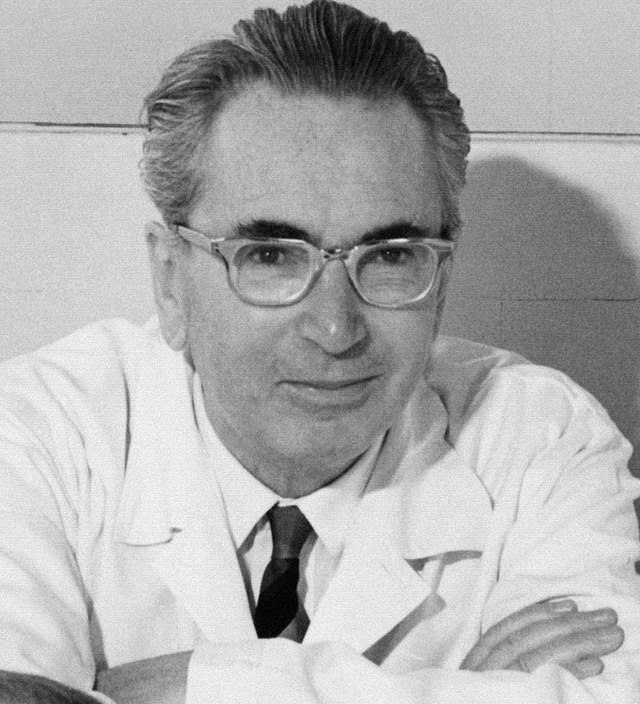Are You Your Own HERO?

Everything can be taken from a man but one thing: the last of the human freedoms—to choose one’s attitude in any given set of circumstances, to choose one’s own way.
-Viktor Frankl
Viktor Frankl, Jewish-Austrian holocaust survivor and psychiatrist, believed that suffering is a part of life, and that man’s ultimate freedom is his ability to choose how to respond to any set of circumstances, even the most painful ones. Frankl founded logotherapy, a school of psychotherapy related to existential and humanistic psychology theories, describing the search for life’s meaning as the central human motivational force. During his 92 years, Frankl published 39 books, the most famous of which, Man’s Search for Meaning (1946), is a best seller. This autobiography is based on his experiences at various Nazi concentration camps. In a 1991 survey conducted for the Library of Congress and the Book of the Month Club, the book was named one of the ten most influential books in the United States. I read it years ago; writing this blog is sparking my interest to read it again.
Choosing one’s attitude…Frankl highlights a very powerful concept. Believing ourselves capable of making our own decisions instead of falling victim to life’s adversities is indeed life changing. Dan Tomasulo, author of Learned Hopefulness: The Power of Positivity to Overcome Depression (2020) and the newly released Positivity Effect (2023), in which he also quotes Frankl, introduced me to the acronym HERO:
“Hope: Choosing to believe you are in control of the future, to act with agency.
Empowerment: Capitalizing on past successes, to build confidence.
Resilience: Cultivating a flexible mindset in the present, to build readiness and courage.
Optimism: Converting how you explain the past and expect the future, to gain perspective and certainty.”
I love this for so many reasons. First, it puts YOU in the driver’s seat of your own life. Second, it touches on all possible time orientations-past, present, and future. Third, it emphasizes the gains you can reap by learning from prior experiences. Fourth, it triggers a future-oriented thought process. Fifth, it inspires positive emotions and states of being including agency, confidence, readiness, courage, perspective, and certainty.
How do you show up for yourself? Can you be your own HERO? Do you choose to believe that you are in control of your future? How do you capitalize on your past successes? Are you able to cultivate a flexible mindset even in the face of adversity? Do you gain perspective and certainty by the way you explain the past and expect the future?
All of this plays into why I love coaching as a profession. You see, I am surrounded by like-minded people. When you see life from the glass is half full perspective, you are inherently hopeful that things can and will go your way. When you believe this, you’re optimistic that you can find success. You are therefore more motivated to try new things and are willing to risk a certain amount of failure because you believe that you’ll learn something beneficial from the experience. Moreover, rather than focusing on one’s past, coaching encourages us to focus on the future.
This is not to say that we will not encounter negativity. Of course we will; we are human. However, resilient people tend to be optimistic and hopeful. With this comes an inherent vision toward future growth. Our daily experiences become a positive cycle or spiral of upward mobility. Empower yourself to become your own personal hero. If this self-empowerment is missing, find people around you who can help lift you up. In time, these repeated practices will become second nature, and your go-to will be to BE YOUR OWN HERO!
Hope plays multiple roles in positive psychology. If this blog has sparked your interest, look for my other blogs about hope: https://www.larahaascoaching.com/hope-it-has-its-own-theory/ and https://www.larahaascoaching.com/joy-is-to-happiness-as-hope-is-to-____/ Or check out Dan Tomasulo or Viktor Frankl’s books mentioned earlier in this post or C.R. Snyder’s Hope Theory.
